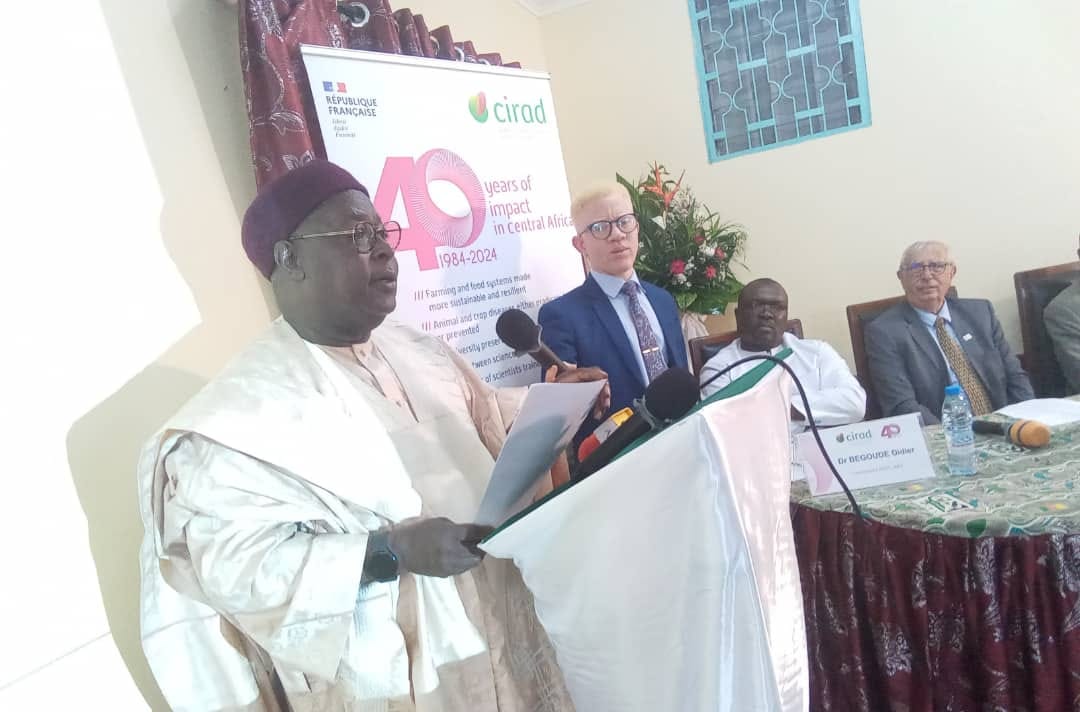
Photo : Dr NOE WOIN, the Director General of IRAD
On the occasion of the 40th anniversary's celebration of the existence of the Centre for International Cooperation in Agricultural Research for Development (CIRAD), on 17 September 2024 in Yaounde (Cameroon), under the evocative theme: «A shared research to cultivate the world of tomorrow», the Director General (DG) of the Institute for Agricultural Research for Development (IRAD), Dr Noé WOIN, recognizes that CIRAD has remained the historical and privileged partner of the National System of Agricultural Research of Cameroon, Contributing significantly and playing a key role in building the capacity of IRAD’s scientific and technical staff.
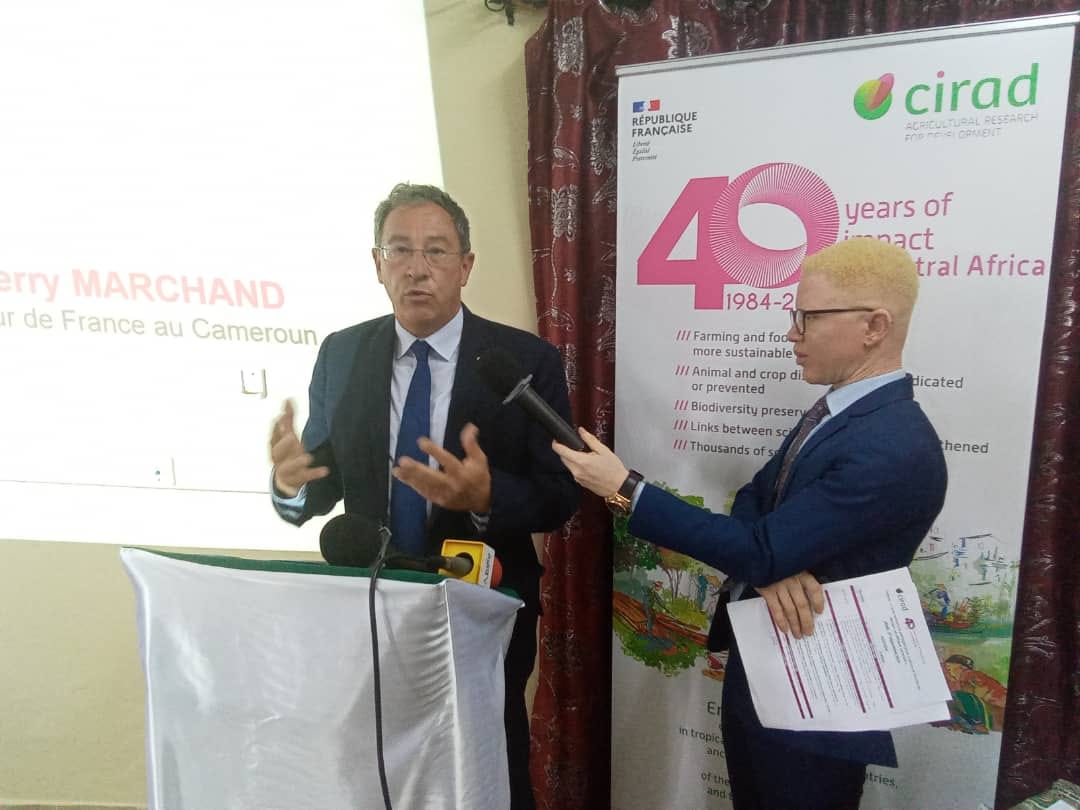
Photo : H.E THIERRY MARCHAND, the Ambassador of France to Cameroon.
Here is an extract from the DG’s speech, in the presence of the Secretary-General of the Ministry of Scientific Research and Innovation (MINRESI), Pr Rebecca Madeleine ETAMÉ EBELLÈ, the Ambassador of France to Cameroon, H.E. Thierry MARCHAND, the CIRAD Regional Director for Central Africa, Dr Thierry LEROY, and the heads of development partners in Cameroon:
“As part of agricultural experimentation in a colonial economy, CIRAD’s action in Cameroon is now essentially oriented towards inclusive and sustainable agriculture and food systems, Resilient to global change and respectful of the vast environmental resources of the Congo Basin, of which Cameroon is a part. It is about developing sustainable production systems based on agroecology and agroforestry. The activities carried out under the Agroforestry and R2FAC Partnership Research Schemes by research teams including researchers from CIRAD and IRAD will be presented to you, with many outstanding results.
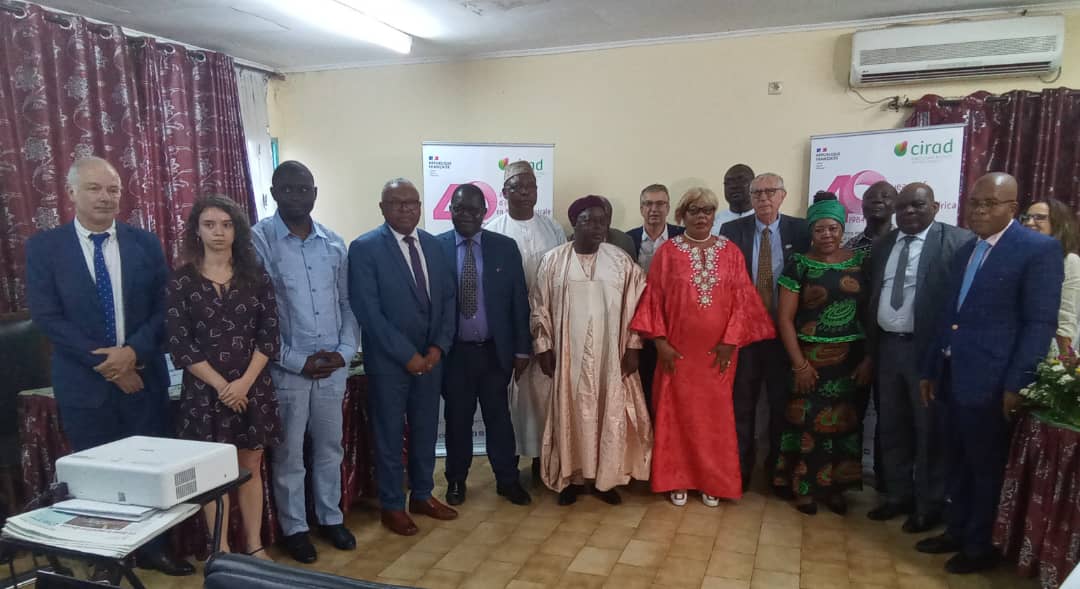
At the same time, CIRAD’s research teams are working with IRAD to find concrete solutions to current challenges by addressing issues such as those related to the effects of climate change, ecological transitions, and population health (the “One health” approach) or the use of artificial intelligence in agriculture.
Following the environmental and health crises that Central Africa is facing today, agricultural research will have to adapt and innovate constantly.
There is no doubt that this partnership between IRAD and CIRAD will enable them to continue to “cultivate the world of tomorrow” and thus reap more fruits in the coming years, in a win-win partnership.”
Communication Unit

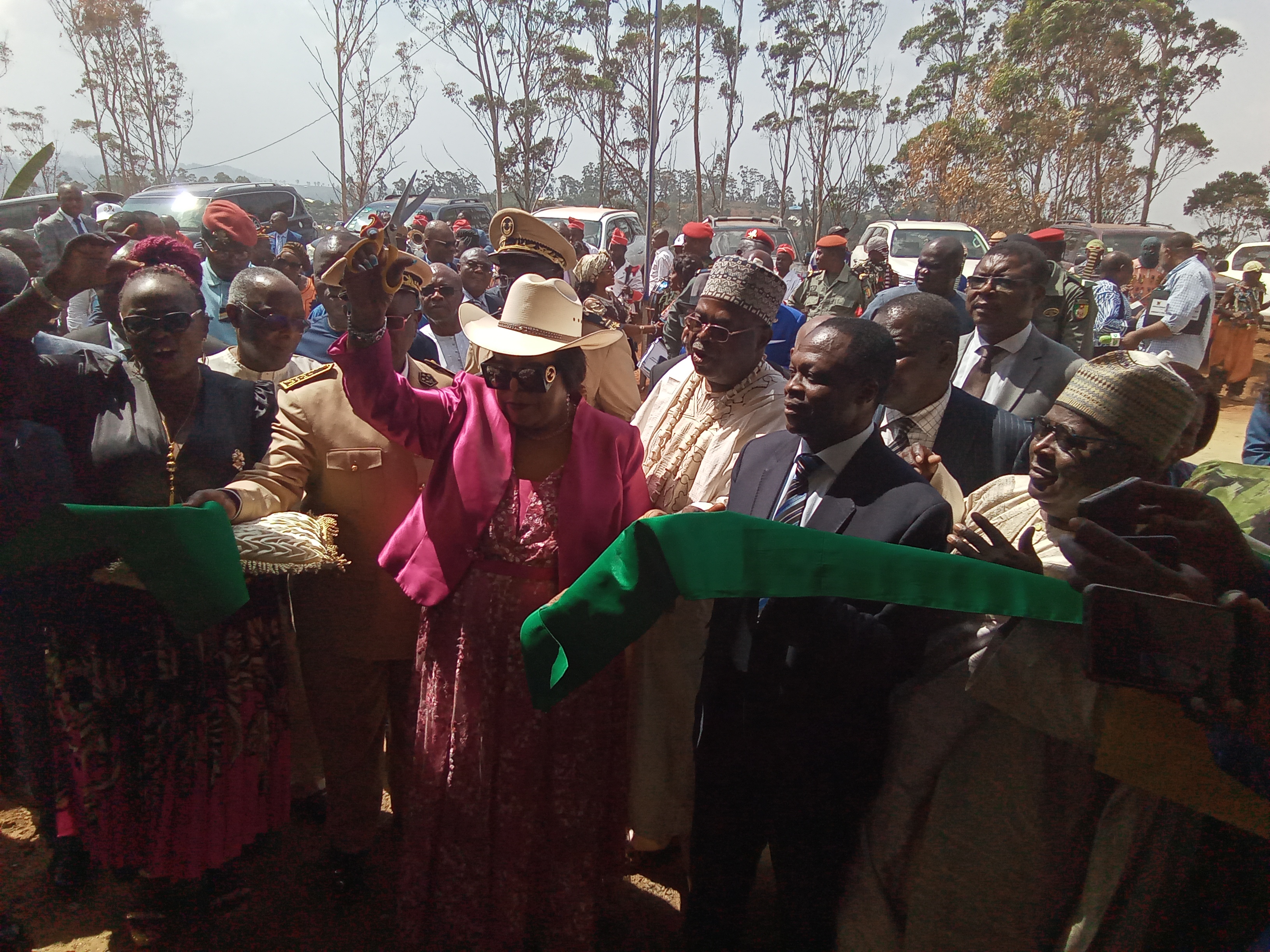
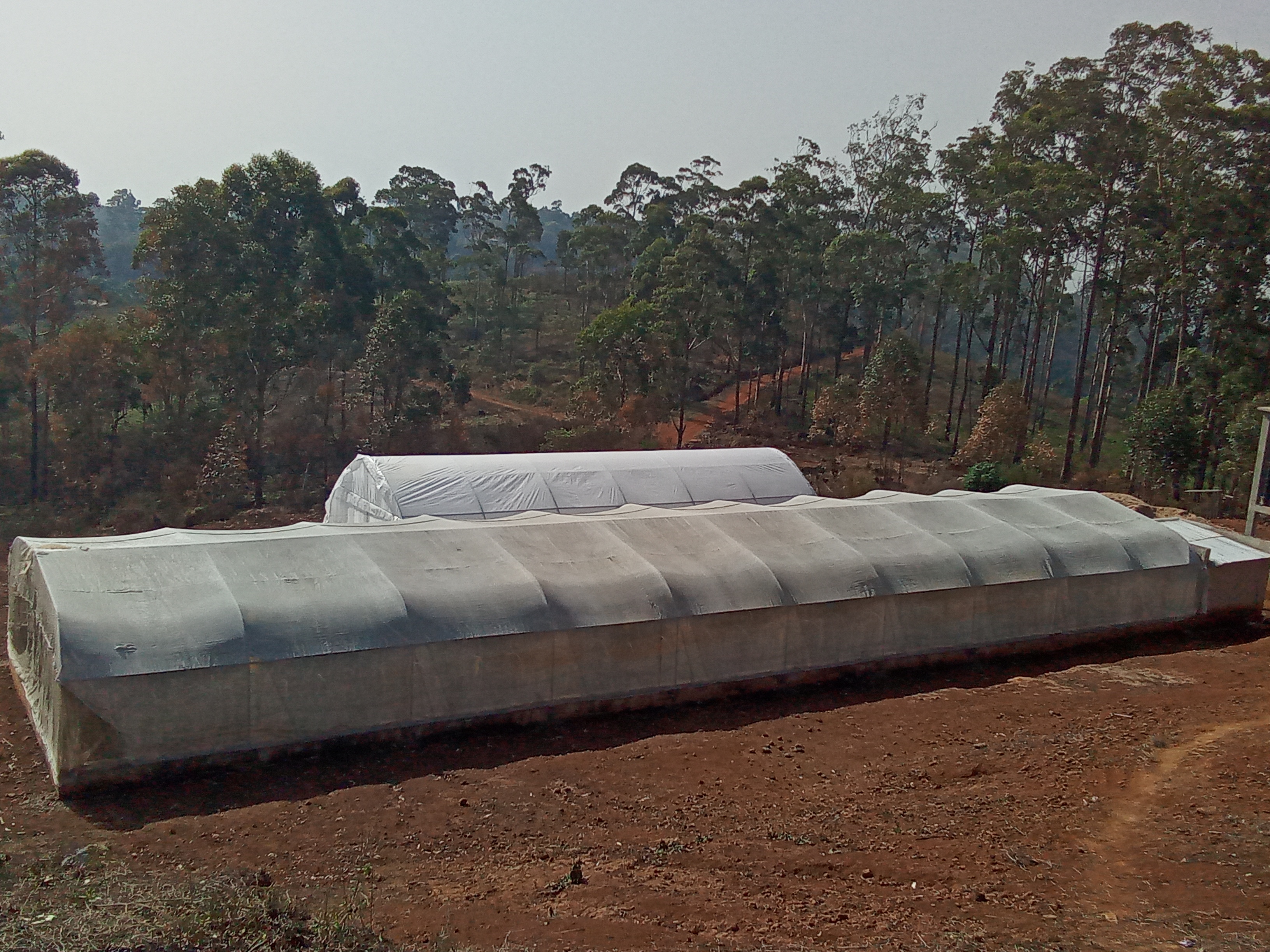
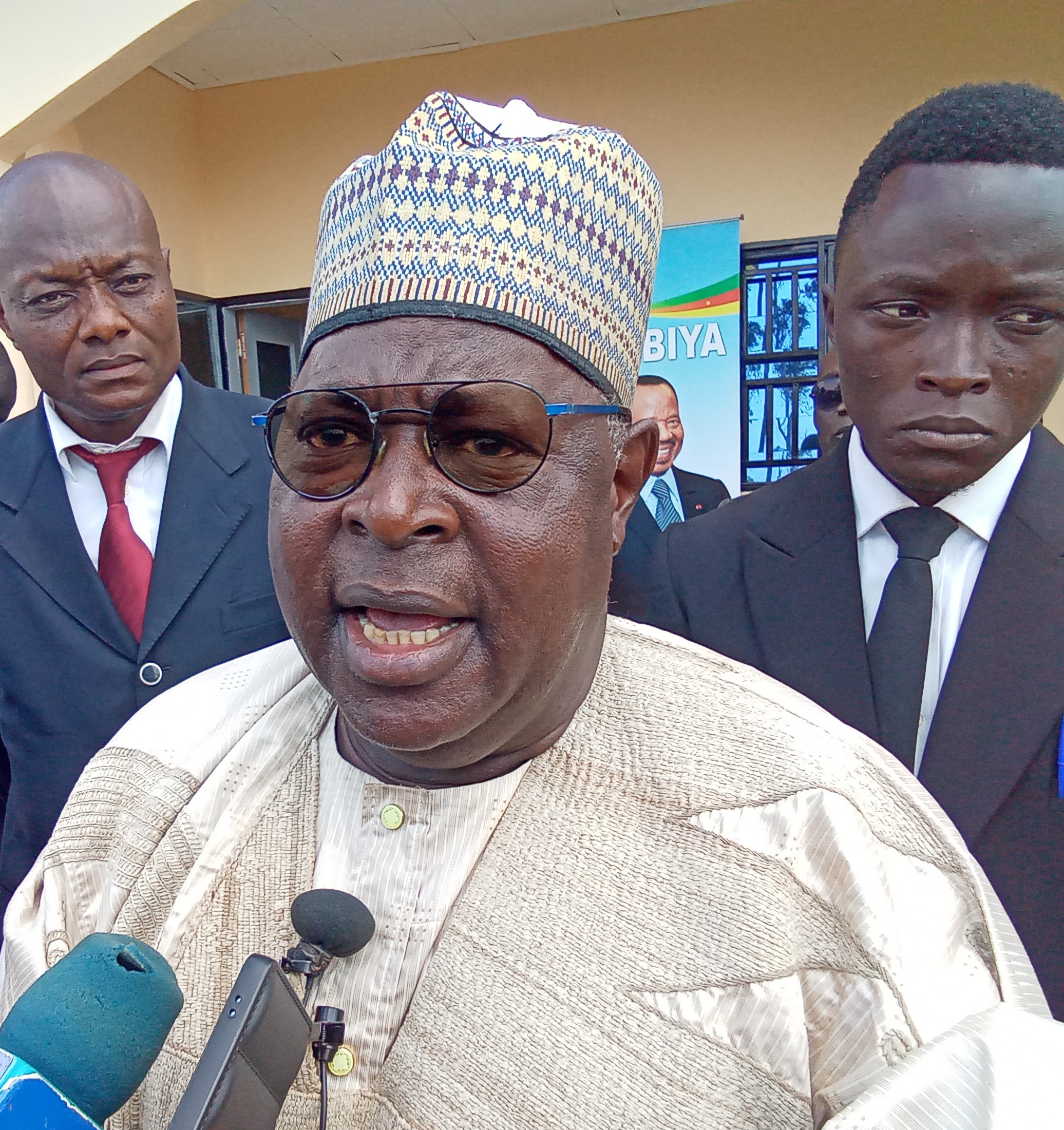
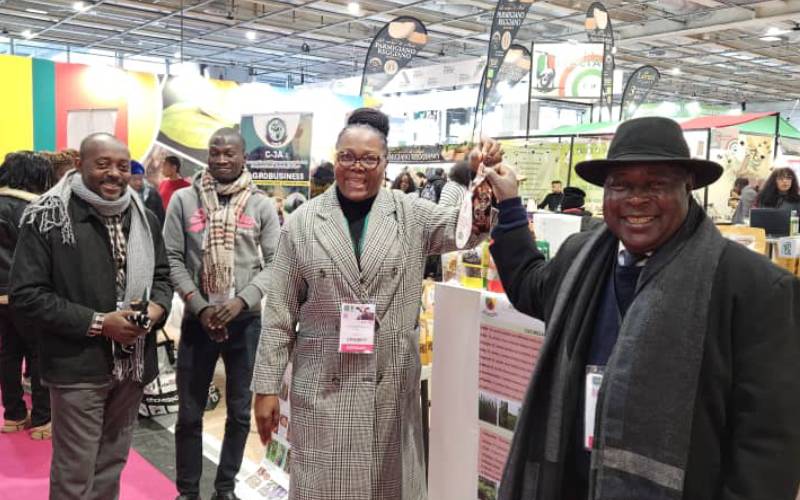
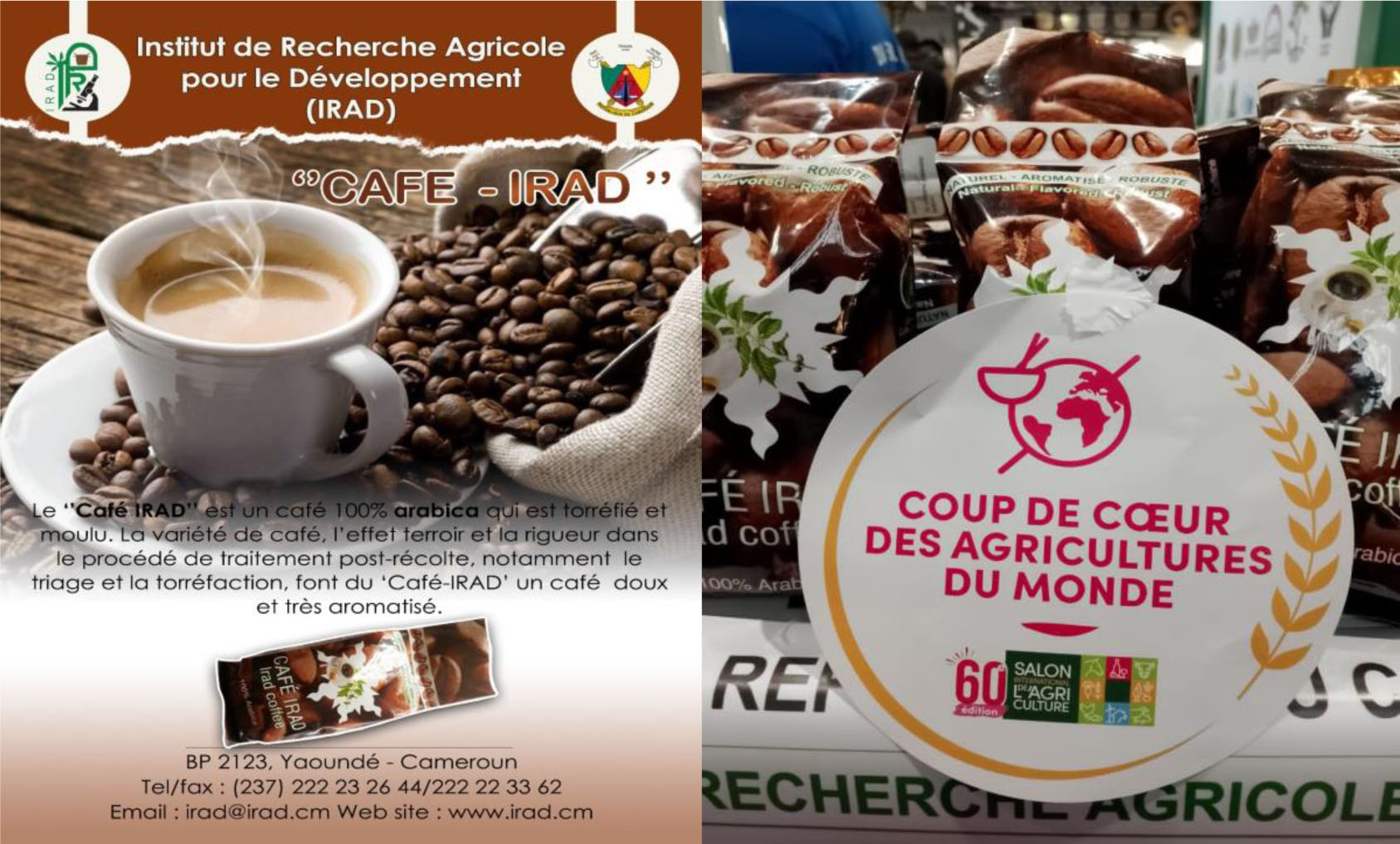
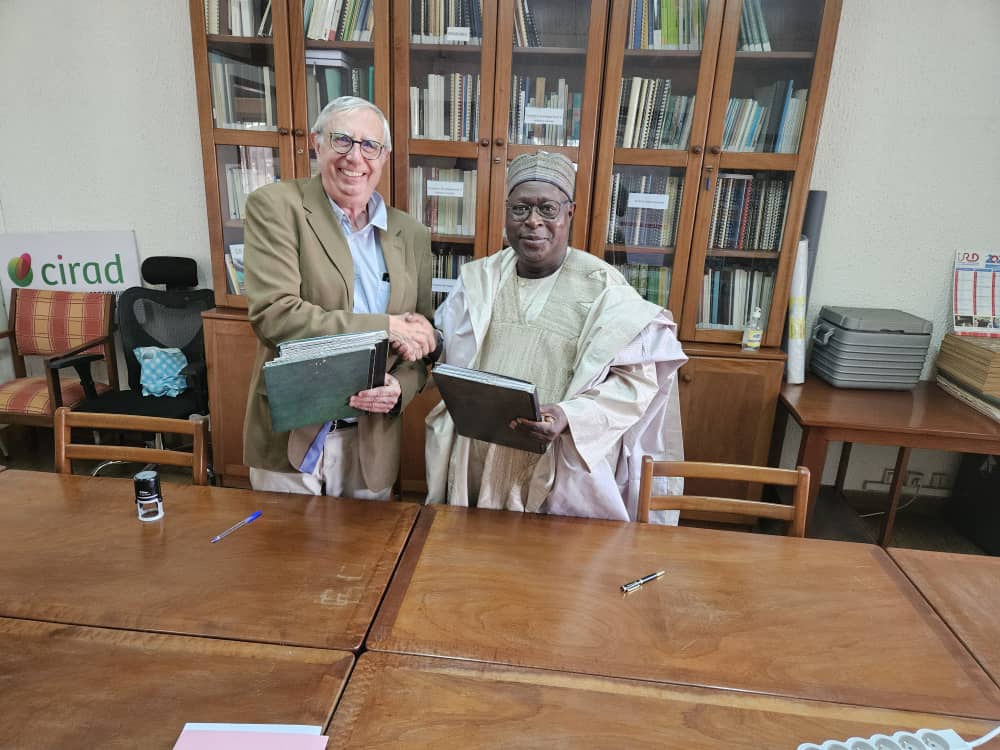
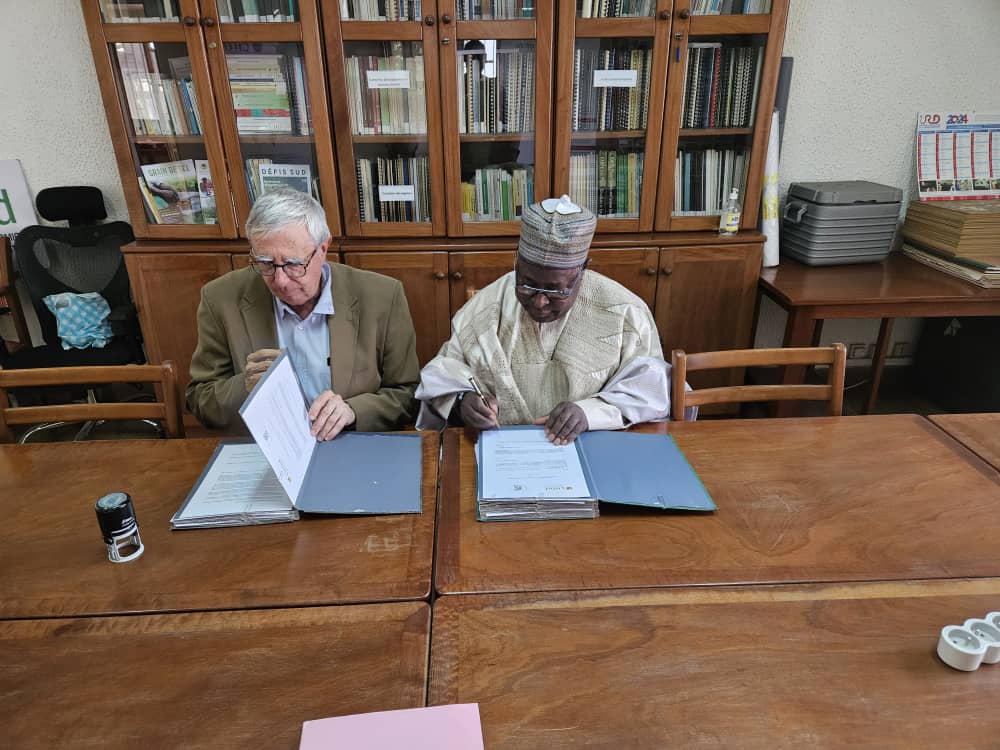
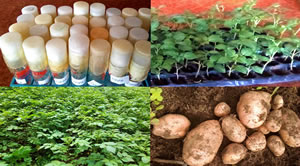 Pour promouvoir l’agriculture de seconde génération au Cameroun, le Gouvernement, à travers son bras séculier l’Institut de Recherche Agricole pour le Développement (IRAD), ne ménage aucun effort. À preuve, pour accroître la production des semences de pomme de terre, l’Institut que dirige le Dr Noé WOIN vient de réaliser, avec succès, la phase pilote du projet de «production de semences de pommes de terre par les boutures apicales racinées (BAR)». Projet né de la collaboration tripartite Cameroun-Inde-Allemagne.
Pour promouvoir l’agriculture de seconde génération au Cameroun, le Gouvernement, à travers son bras séculier l’Institut de Recherche Agricole pour le Développement (IRAD), ne ménage aucun effort. À preuve, pour accroître la production des semences de pomme de terre, l’Institut que dirige le Dr Noé WOIN vient de réaliser, avec succès, la phase pilote du projet de «production de semences de pommes de terre par les boutures apicales racinées (BAR)». Projet né de la collaboration tripartite Cameroun-Inde-Allemagne.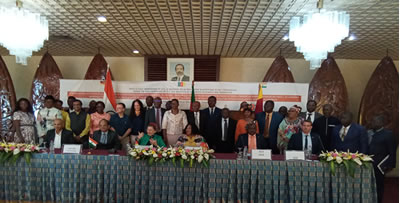 Et dans un contexte marqué par la promotion de la politique d’import-substitution par les pouvoirs publics, le témoignage du président du conseil d’administration (PCA) de l’Association des semenciers de pommes de terre du Cameroun, Norbert KENFACK, augure visiblement des lendemains meilleurs pour cette filière au Cameroun. «Le 22 décembre 2022, j’ai mis 6 000 vitro plants dans ma serre, et figurez-vous qu’en cette fin du mois de mars 2023, je suis à plus de 58 000 boutures apicales racinées. Je suis à ce chiffre parce que j’ai arrêté de couper certaines lignes, par manque d’alvéoles pour planter…», a, au cours de son intervention, laissé entendre le multiplicateur de semences de la région de l’Ouest.
Et dans un contexte marqué par la promotion de la politique d’import-substitution par les pouvoirs publics, le témoignage du président du conseil d’administration (PCA) de l’Association des semenciers de pommes de terre du Cameroun, Norbert KENFACK, augure visiblement des lendemains meilleurs pour cette filière au Cameroun. «Le 22 décembre 2022, j’ai mis 6 000 vitro plants dans ma serre, et figurez-vous qu’en cette fin du mois de mars 2023, je suis à plus de 58 000 boutures apicales racinées. Je suis à ce chiffre parce que j’ai arrêté de couper certaines lignes, par manque d’alvéoles pour planter…», a, au cours de son intervention, laissé entendre le multiplicateur de semences de la région de l’Ouest.